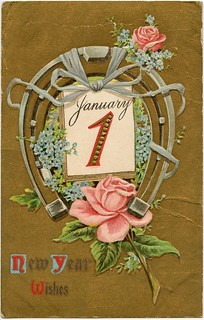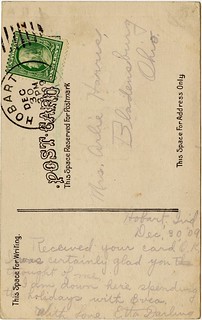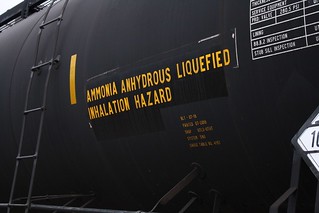
(Click on images to enlarge)



The senders were Mrs. Evea Miller and her younger sister, Miss Etta Darling.
Evea had married Jesse Miller in 1905, in Kosciusko County, Indiana, where the Darling family lived at the time. Shortly after that, the remaining Darlings moved permanently to South Bend, whence they traveled to Hobart in 1909 for this holiday visit with Evea and Jesse, as both postcards mention.
The 1910 Census shows Jesse (27) and Evea (22) living on Lillian Street with their first child, a two-year-old named Floyd. Jesse is described as an "operator" for an unnamed railroad — probably the Pennsy, if he had to hike to Liverpool every day (as Evea says in her postcard message). Their Lillian-Street neighbors apparently included Lewis Barnes and Rose Hendrix Gilpin.
It was probably Jesse's railroad job that brought them to Hobart. Neither had any previous local connection that I can find, or any subsequent either. By 1920 they had relocated to Warsaw, Kosciusko County, Indiana, which became their permanent home. Both Jesse and Evea are buried there.
Bladensburg, Ohio (where Etta was sending her postcard), was where her and Evea's father, Otto Darling, had been born in 1863 and where he married Stella Mason in 1885. The family moved to Indiana by 1900.
In 1911 Etta married a man named Clyde Carr in South Bend. There they lived out their lives and raised their three daughters, and both are now buried in South Bend's Highland Cemetery.








